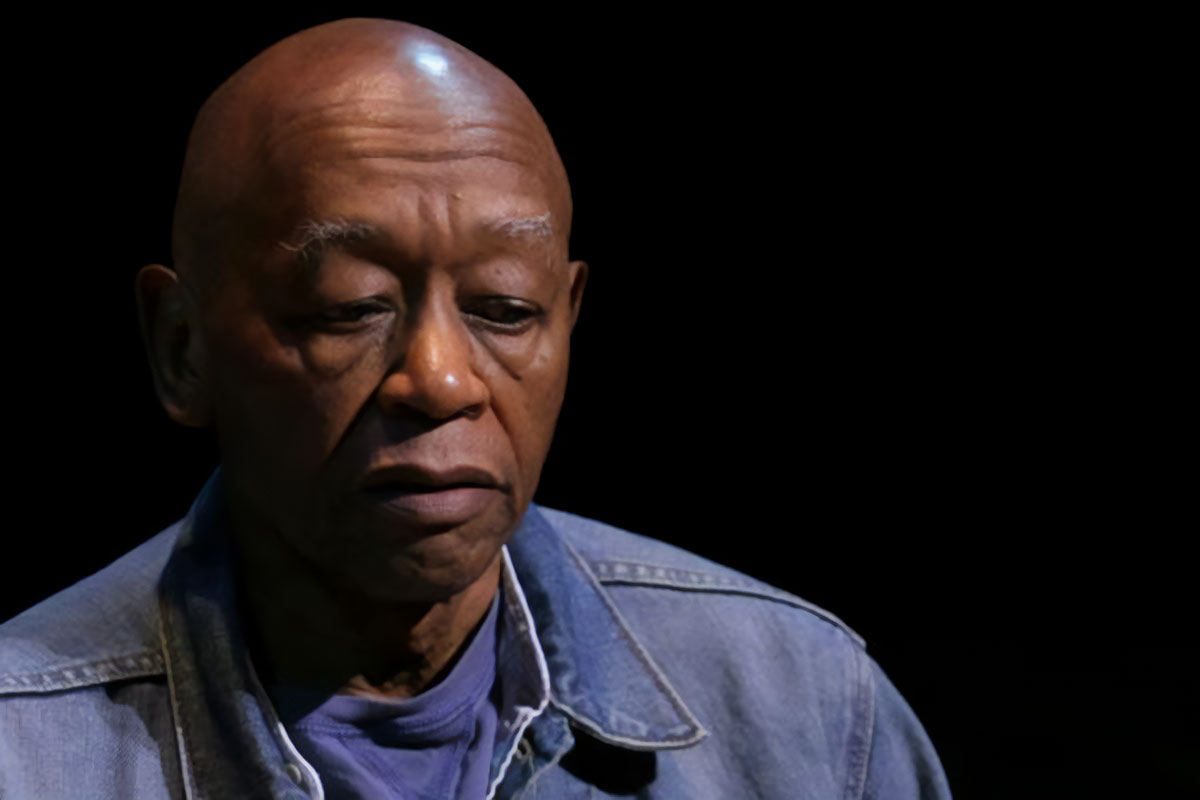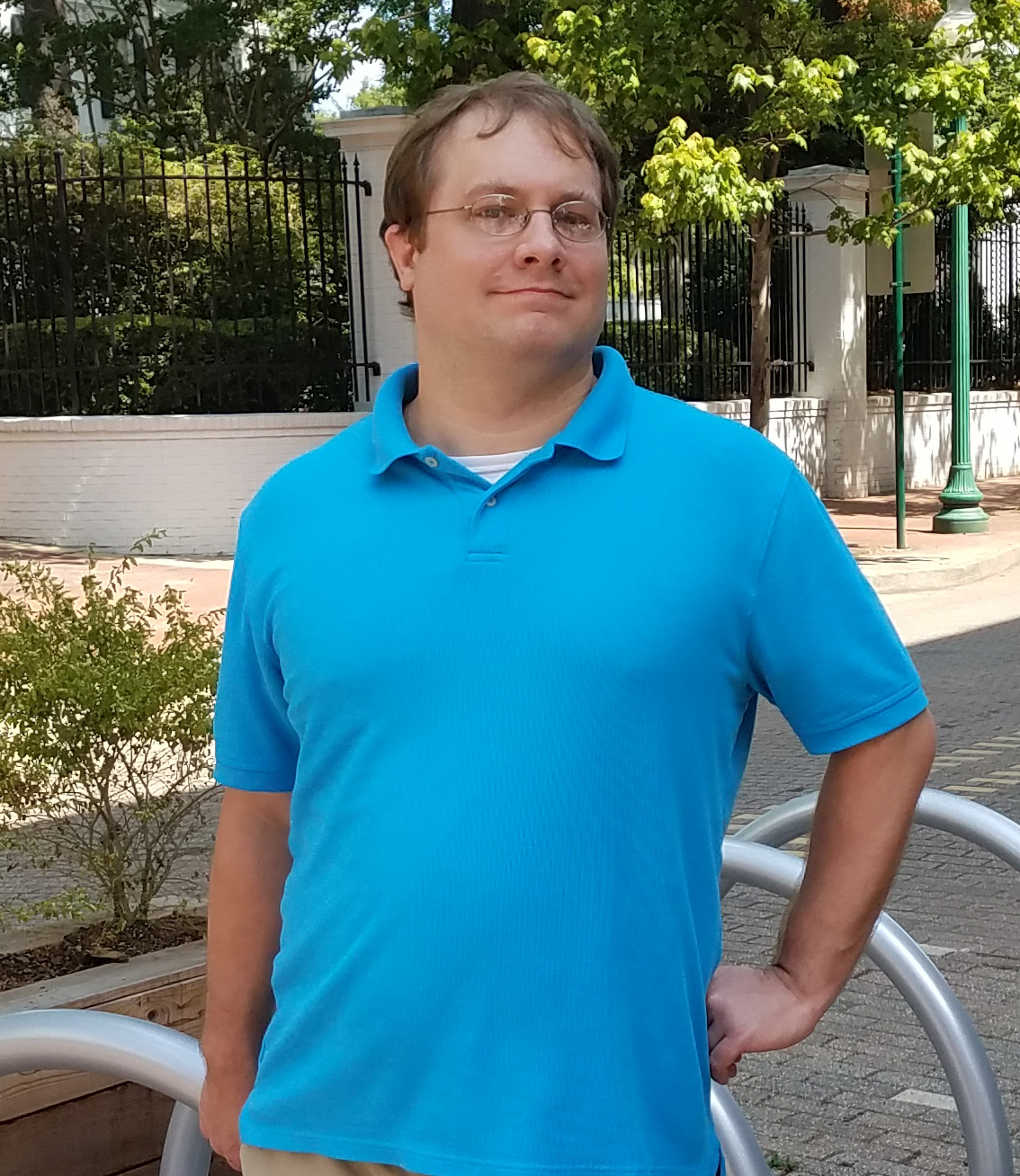On a summer afternoon in 2001, Jackson-born artist Felandus Thames stepped into the open atrium of the older building at the Mississippi Museum of Art, which now houses the Mississippi Arts Center. He had come to the capital city as part of an exchange program between Jackson-based Operation Shoestring and Port Gibson-based Cultural Crossroads to promote art and literacy programs between the two cities.
When Thames arrived, he found a fellow guest in the midst of a passionate speech on the photography of Jackson icon Eudora Welty. Thames, who had worked with Jackson photographer James Patterson on a project to restore some of Welty’s negatives in the 1990s, knew immediately that he wanted to meet the man on the podium and turned to Patty Crosby, founder of Cultural Crossroads, to ask for an introduction. One handshake later, Thames met the man he would come to regard as one of his greatest mentors, Roland Freeman.
As the evening’s programming at the museum wound down and the sun set on the capital city, Freeman invited Thames to dinner at Bravo! Italian Restaurant & Bar and the two exchanged numbers. After that night, Freeman invited Thames to lunch nearly every time he visited Mississippi, and every encounter led Thames to meeting Jackson icons like James Meredith and Isaac Byrd and seeing bell hooks at places Freeman had photographed, which seemed to be nearly everywhere in Jackson.
When Thames, a Murrah High School graduate, applied to study art at Yale University several years later, Freeman was the person who wrote his letter of recommendation. Thames’ connection to Freeman meant that when he heard the news on Monday, Aug. 7, that his mentor had passed away from heart complications at his home in Washington, D.C., it came as a heavy blow.
“Meeting with Roland was perhaps the most significant event that ever happened to me in my early time as an artist,” Thames told the Mississippi Free Press. “I always admired his tenacious approach to the education of young Black students, especially about the importance of folk culture.”
Life and Career of Roland Freeman
Freeman grew up in Baltimore, Md., and met author and folklorist Zora Neale Hurston there as a child. Hurston’s work on African folk culture served as a major source of inspiration for his own work. Freeman also studied the works of Great Depression era photographers such as Gordon Parks and Roy DeCarava’s documentation of the Harlem Renaissance in New York City during the 1940s and 1950s.
In the midst of the March on Washington, D.C., on Aug. 28, 1963, Freeman borrowed a friend’s camera to document the event, kickstarting his own road to photography. He also documented mass protests in the city following the assassination of Dr. Martin Luther King Jr. in 1968 and the March on Washington that followed a month later.
During the 1960s, Freeman worked as a White House photographer and as a freelance photographer for Time magazine and Magnum Photos. In the 1970s, Freeman served as a co-director for the Mississippi Folklife Project on behalf of the Smithsonian Institution’s Center for Folklife and Cultural Heritage, where he curated an exhibit titled “Mississippi Tradition and Change.” A particular focus of Freeman’s exhibits was collecting and documenting African American-made quilts from across the United States.
The Center for the Study of Southern Culture at The University of Mississippi partnered with Diogenes Editions in 1997 to publish “Roland L. Freeman – Portfolio,” a collection of photographs Freeman took over the course of 30 years to document Black communities in the South. That same year, Millsaps College in Jackson named Freeman as the Eudora Welty Visiting Professor of Southern Studies.
About Felandus Thames
Felandus Thames currently lives in Connecticut with his wife, Michelle Irving, his daughter Meaghan Irving and son Miles Irving.
He graduated from Jackson State University with a bachelor’s degree in arts, where he received the Mississippi Arts Commission’s Individual Artist Fellowship for visual arts. Thames received a master’s degree in painting and printmaking from the Yale School of Art in 2010 and displayed his first solo exhibition at Tilton Gallery in New York City in 2011.
Thames has served as a Visiting Critic to Rhode Island School of Design and has had exhibitions at the Mississippi Museum of Art and The Studio Museum of Harlem in New York City. He has taken part in group exhibitions such as “Unmasking Masculinity for the 21st Century” at the Kalamazoo Institute of Arts in Michigan and “Resistance in Black and White” at the Cleveland Museum of Art in Ohio. Thames is also a 2022 Harpo Foundation individual artist fellow and was a member of the U.S. State Department’s “Art in Embassies Program” in Dakar, Senegal.






